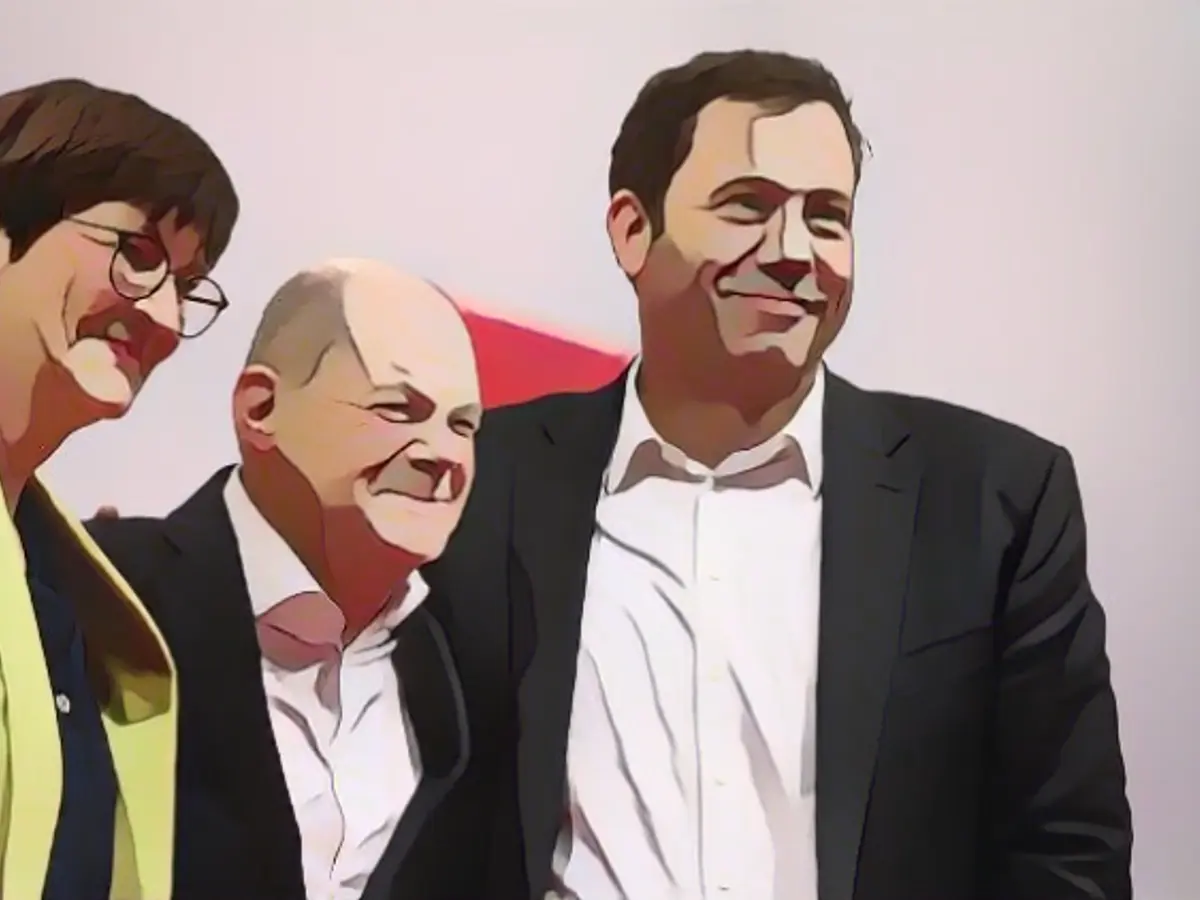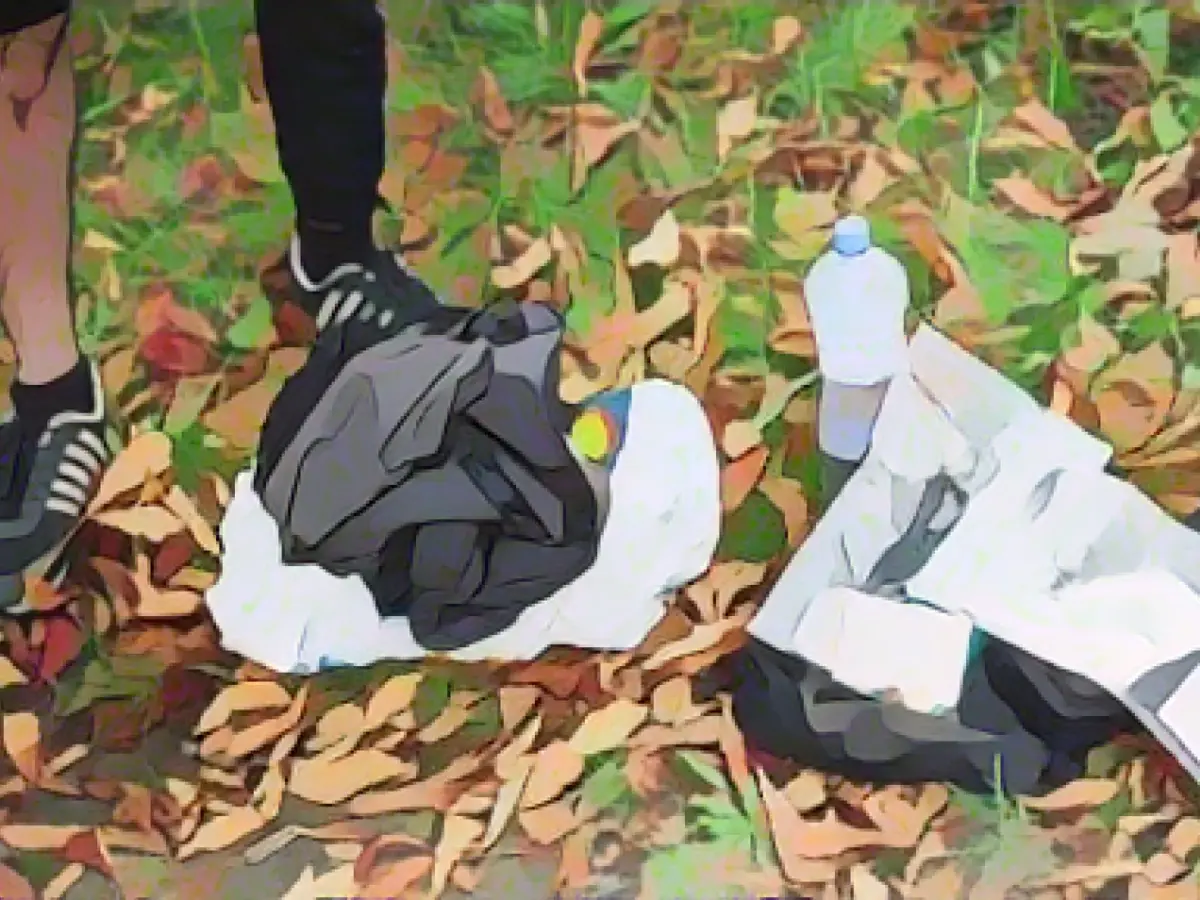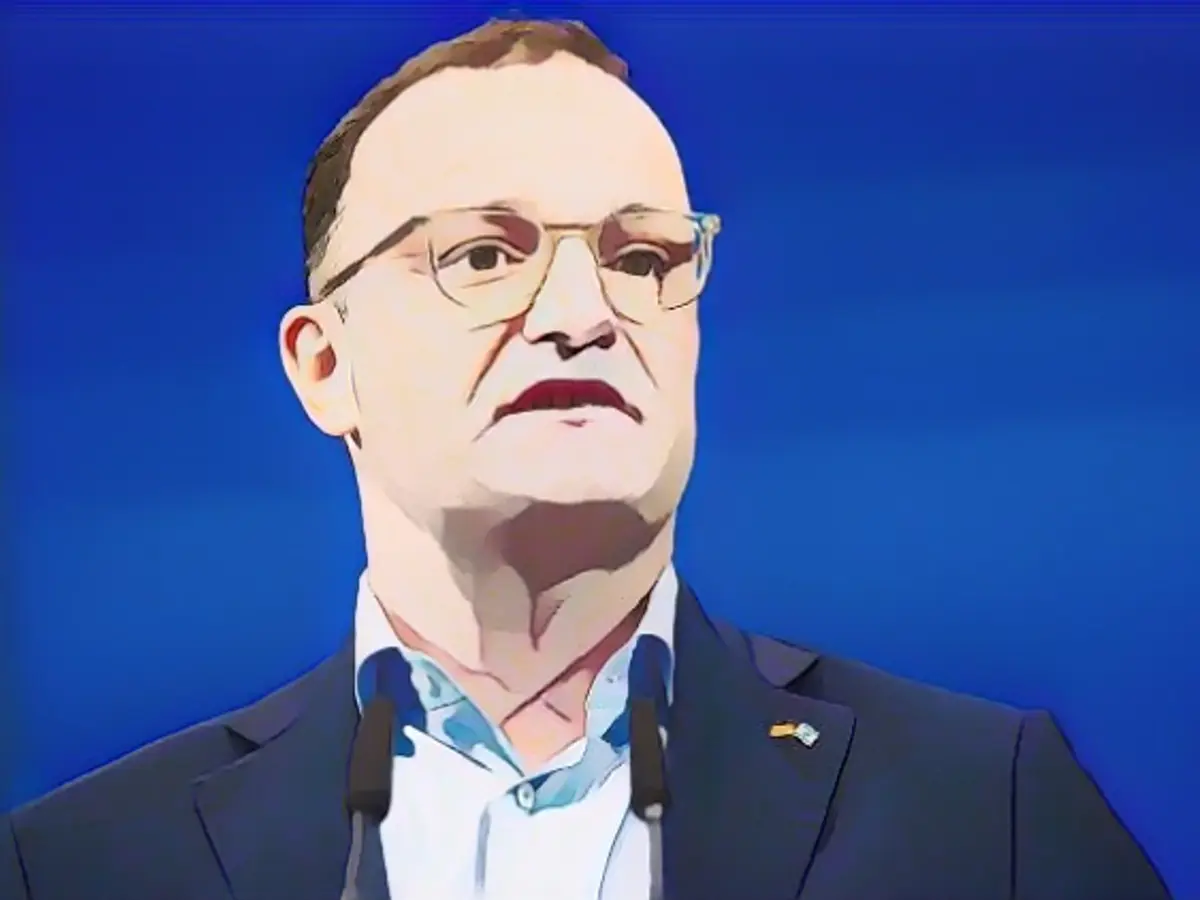The SPD's Three-Day Conference: A Leftward Shift and Unity Amidst Struggles
The SPD Sends a Signal of Unity
Despite dismal poll results and criticism, the Social Democrats (SPD) exuded unity and strength during their three-day federal party conference at the Berlin Exhibition Center, effectively positioning themselves to the left of the current government. From social and tax policies to an actively steering state and issues regarding immigration and climate, the SPD is ready for changes at the federal level without hesitation.
Scholz's Warm Welcome Amidst Cold Polls
Even with polls indicating that the Chancellor's reputation is at an all-time low, Olaf Scholz was met with resounding applause and standing ovations at the Berlin Exhibition Center. His speech, while lacking groundbreaking ideas, focused on social democratic goals, reassuring the delegates that the SPD Chancellor is committed to the cause.
Inside Peace, Outside Criticism
Amidst external attacks and poor poll results, the SPD has managed to internally resolve all conflicts and programmatic disputes, ensuring the party's cohesion – a key factor behind their 2021 election victory. As the Social Democrats continue to lead, many within the party believe doing so will create a brighter future compared to alternative leadership.
The Forceful Juso Faction
After a brief Merkel stint when the CDU was considered a chancellor's election party, the Juso delegates now have a chance to echo similar sentiments. The Juso faction, known for passionately representing young voices, critiqued the Chancellor's lack of leadership and empathy during the conference. Although the majority of delegates did not want young people dictating policy, the Young Socialists still managed to push through significant changes, such as a one-off wealth tax on the super-rich.
The SPD's Leftward Shift
The party conference set the tone for the SPD's programmatic commitment: one million new jobs in climate-neutral industries, tax relief for the majority, and a more progressive approach to inheritance taxes. To implement these changes, the SPD also seeks to relax the debt brake. With this program, the SPD demonstrates a clear departure from the FDP's fiscal conservatism, ushering in a more interventionist approach to government.
Recognizing Past Mistakes in Foreign Policy
The SPD has recognized its historical misjudgment in its Russia policy, marked by an emphasis on close economic ties and increased gas imports. At the conference, members of the party admitted to their mistakes and "underestimations," acknowledging the need for a more aggressive stance towards Russian aggression. The SPD now calls for a more assertive stance against Russia, emphasizing security rather than cooperation.
Additional takeaways
Budgetary disagreements between the SPD and FDP have led to a stalemate within the Traffic Light Coalition, posing challenges to efficient government. However, despite these conflicts, the SPD and the Green Party share a common understanding of the importance of climate action, aiming to stimulate green economy investment.
Implications from the SPD's three-day conference indicate a leftward shift in policy, assertive foreign policy stance, and renewed commitment to unity as the party looks forward to the hot phase of the next parliamentary election campaign.
Enrichment Data:
Upon evaluating the SPD's federal party conference, several social policy, budgetary, climate action, and foreign policy positions stood out:
Social Policy
- Minimum wage: The SPD advocates for raising the minimum wage from €12 to €15 per hour by 2026.
- Parental leave: The party supports extending paid family leave by two weeks after childbirth and increasing the parental allowance from 14 to 18 months.
- Children's meals: The SPD proposes offering free lunch to children in daycare centers and elementary schools.
- Bürgergeld: The party supports utilizing Bürgergeld to support individuals transitioning out of unemployment.
- Healthcare: The SPD advocates for a unified public health insurance fund, aiming to reduce profit-seeking within the healthcare sector for equal access to treatment.
Budgetary Policies
- Debt brake: The SPD plans to weaken the debt brake to enable more government investment in infrastructure and education.
- Investment fund: The party proposes establishing a "Germany Fund," a public-private investment fund, initially worth €100 billion, to boost economic growth.
- Taxation: The SPD aims to reduce financial burdens on individuals by raising the income threshold for the top income tax rate and increasing tax incentives for companies investing in Germany.
Climate Action
- Renewable energy: The SPD supports expanding green energy sources, such as wind power, through private funding for the green energy transition.
- Heat pumps: The party offers leasing opportunities for poorer households to install heat pumps and lower energy costs.
- Urban development: The SPD increases urban development funding to enable cities to develop green infrastructure and expand heat-resilient urban planning.
Foreign Policy
- Defense budget: The SPD commits to meeting NATO's 2 percent GDP target for defense spending.
- Ukraine support: The party supports Ukraine with military, financial, and humanitarian aid, while maintaining a hesitant stance against sending Taurus missiles.
- European cohesion: The SPD emphasizes European cooperation as a central strategy in German security policy, aiming to expand Germany as a central hub for logistics for efficient NATO response.
- China Policy: The SPD identifies China as a "partner, competitor and systemic rival" and seeks to build an economically independent Germany while cooperating on global challenges like climate change and arms control.
These positions further showcase the SPD's commitment to social welfare, economic growth, climate action, and robust foreign policy engagement, as they look to shape Germany's future.
Sources: ntv.de,








